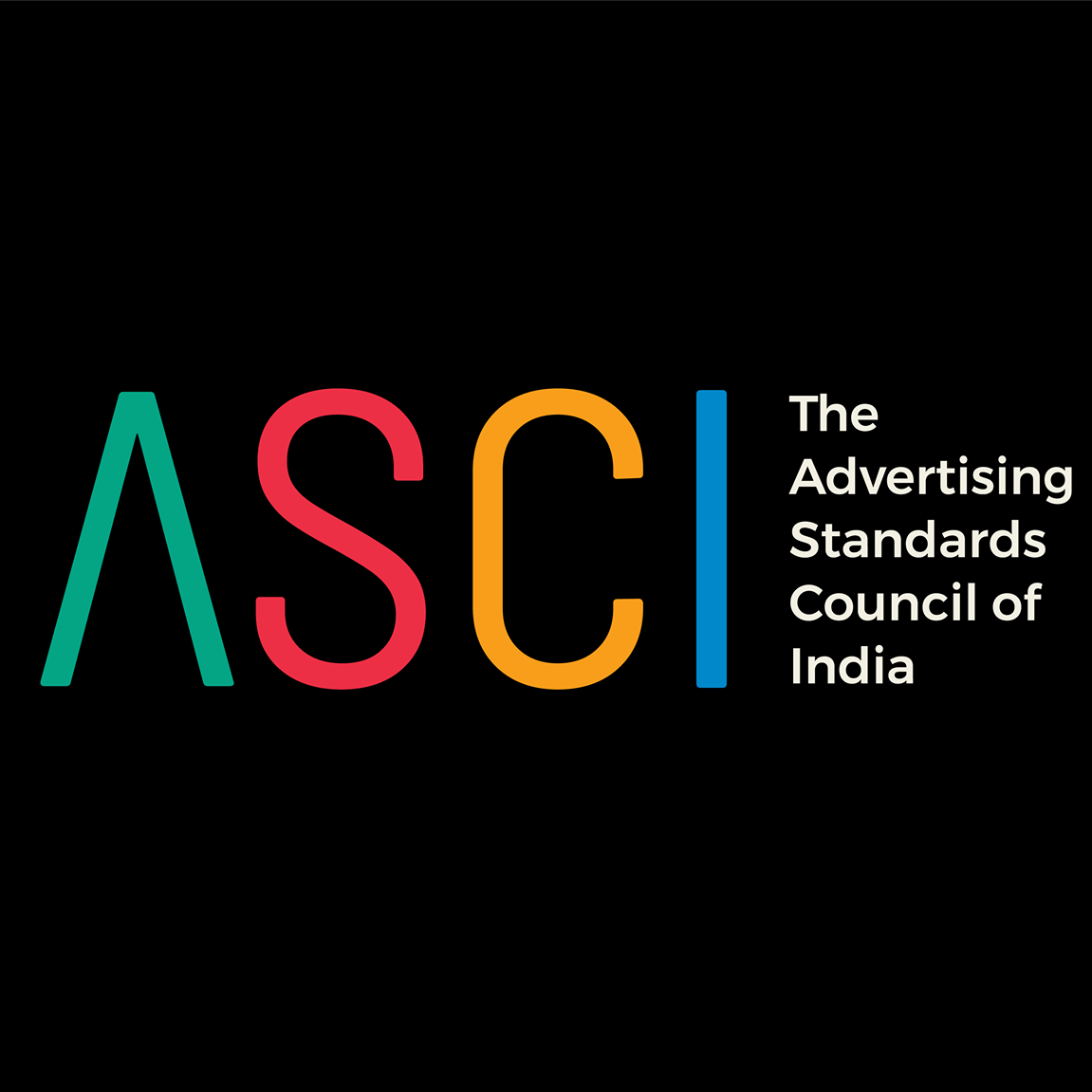Mumbai, NFAPost: The Advertising Standards Council of India (ASCI) recently released its annual complaints report for 2022–23, revealing some concerning trends in the advertising industry. The report highlights the lack of responsiveness from many real-money gaming companies when it comes to ad violation complaints. Out of the 7,928 complaints processed by ASCI, 15.1% were related to ads by real-money gaming companies, making it the sector with the highest number of violations.
Leading the pack in terms of ad violations was the skill-based real-money game FSL11, with 338 violative ads, closely followed by the global cryptocurrency development company Developcoins, with 320 violative ads. Prominent gaming industry players such as Mobile Premier League (MPL), A23 Games, WinZO, and My11Circle were also found to have violated ASCI’s guidelines. Shockingly, 92% of gaming advertisements reviewed by ASCI did not adhere to the guidelines.
The report raises concerns about consumer safety online, as 75% of violent ads were found on digital media. With digital advertising accounting for a significant portion of ad spending in India, ASCI has been increasing its monitoring capacity for this rapidly growing medium. ASCI utilizes manual screening tests and an AI-based software called “TARA” to scrutinize ads.
Manisha Kapoor, the CEO of ASCI, stated that the council has been intensifying its digital monitoring efforts due to the vast number of creatives on digital platforms. When guideline violations are observed, ASCI reaches out to advertisers, offering them the option to respond to the complaint or voluntarily remove the ad. However, Kapoor noted that gaming companies have shown little responsiveness to ad violation complaints.
Overall, voluntary compliance with ASCI norms stood at 81%, with the real-money gaming sector being the least compliant. Only 50% of ads in this sector were modified voluntarily after being called out. The majority of violations occurred in gaming ads on digital platforms, primarily due to a lack of responsible messaging, as many ads focus on potential monetary gains without adequately informing consumers about the associated risks.
The report also highlighted an increase in influencer violations, which accounted for 26% of the processed complaints in FY23. Most of these violations occurred in the personal care category, followed by food and beverage. Additionally, there was a significant rise in misleading ads featuring celebrities, with ASCI processing 503 such ads compared to 55 the previous year, an increase of 803%. In 97% of these ads, celebrities failed to provide evidence of due diligence as required by the Consumer Protection Act.
Notably, celebrities like MS Dhoni, Bhuvan Bam, Jim Shrabh, and Virat Kohli were among the top violators, with all of their violations falling within the gaming category. Kapoor emphasized that celebrity-led endorsements carry significant influence and that non-compliance with the Consumer Protection Act can lead to serious legal consequences for both celebrities and advertisers.
ASCI’s report sheds light on the urgent need for greater compliance with advertising guidelines, particularly in the real-money gaming sector and influencer marketing. Responsible messaging, transparency, and informed consumer protection should be prioritized to ensure the safety and well-being of consumers in the advertising landscape.





